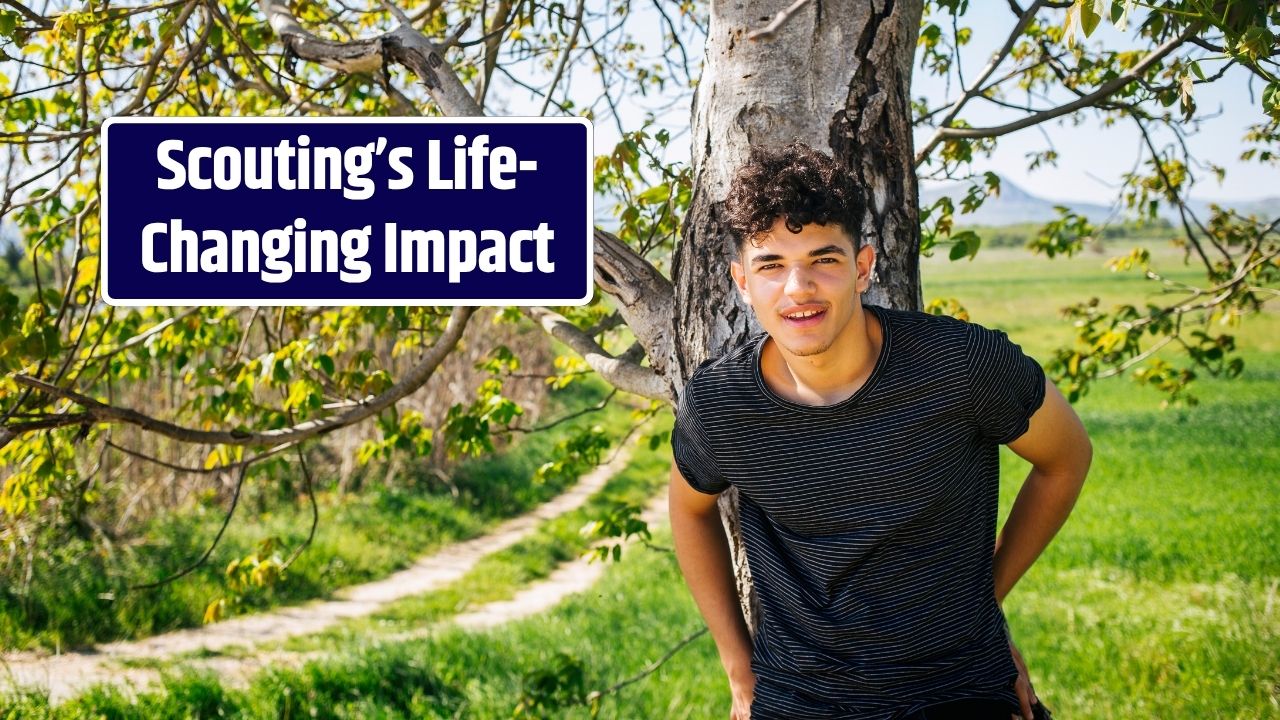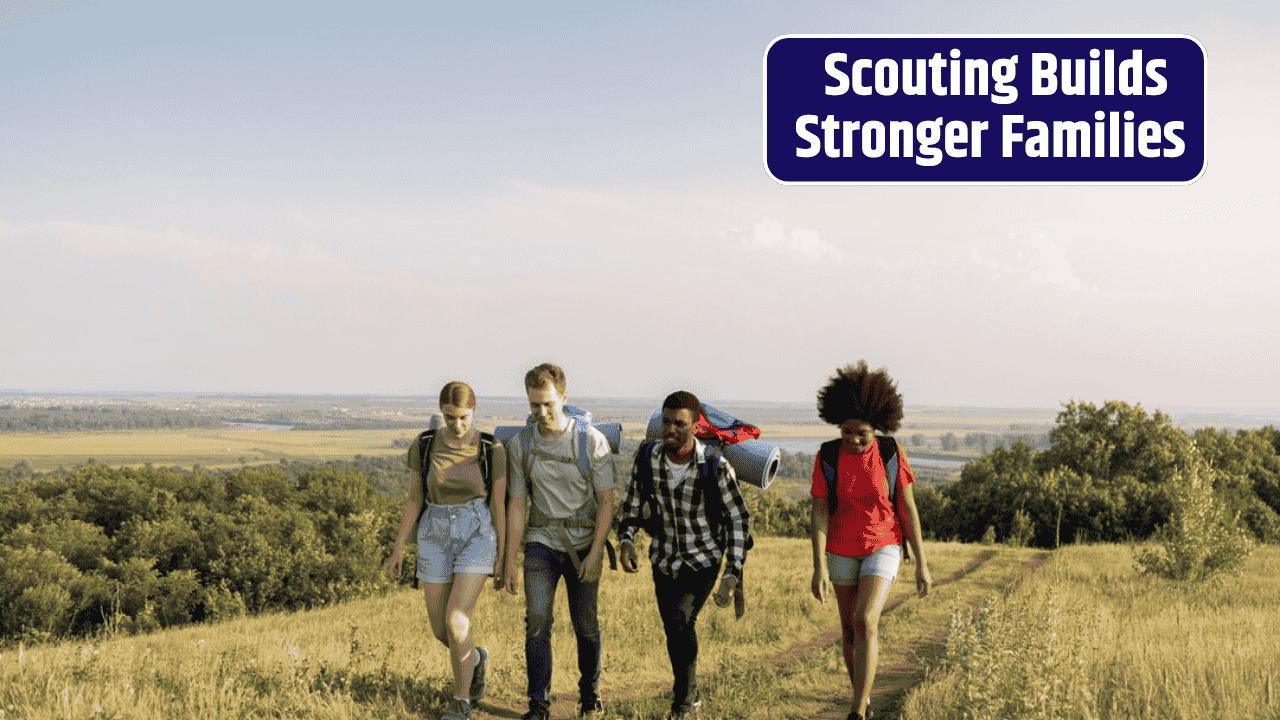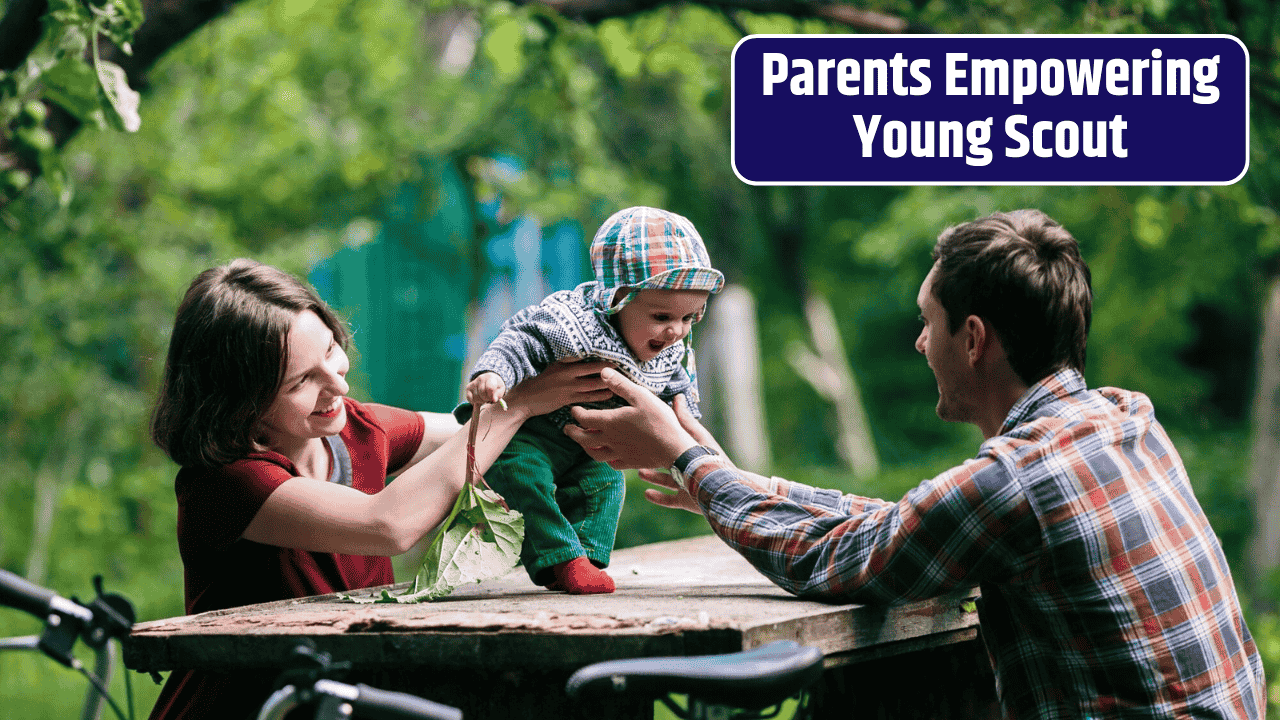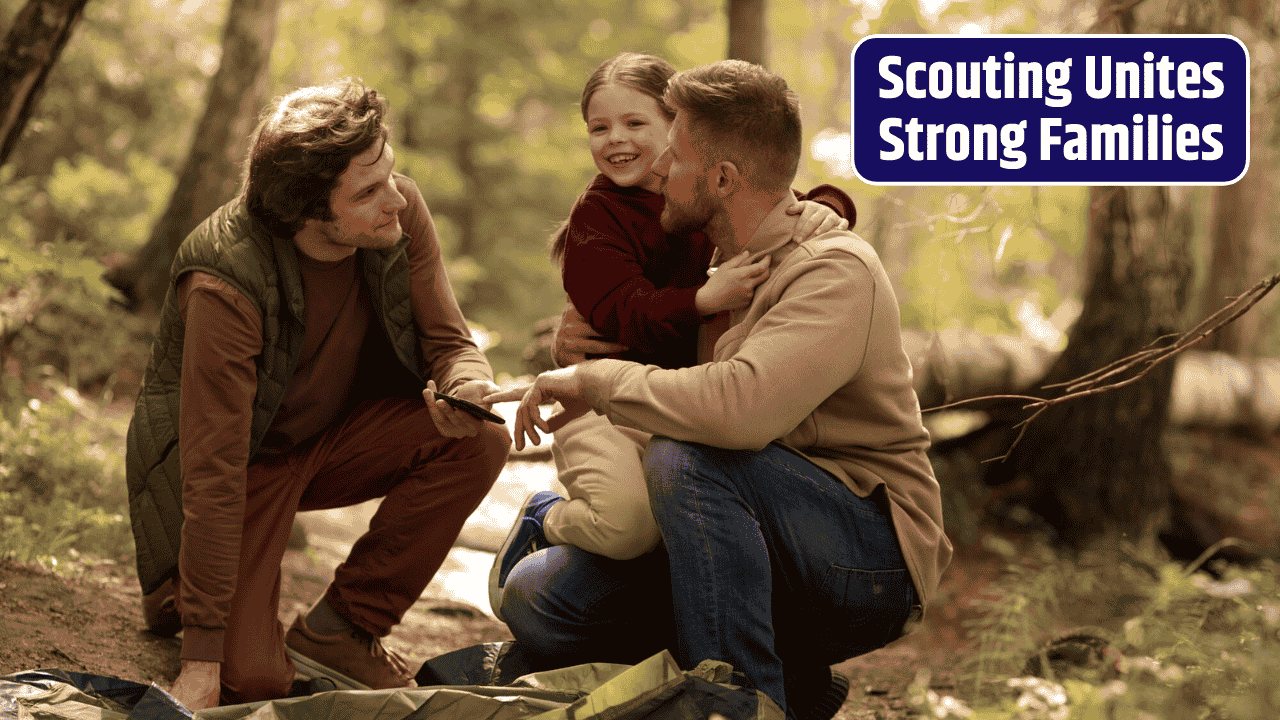Joining the Boy Scouts isn’t just about tying knots and camping in the woods—it’s about building character, leadership, and a foundation for lifelong success. For more than a century, the Boy Scouts of America (BSA) has helped young people grow into confident, capable adults through a program rooted in values, service, and hands-on learning.
Whether you’re a parent looking to guide your child or a teen exploring new opportunities, here’s why being a Scout can be truly life-changing.
Builds Strong Character and Moral Values
At the heart of Scouting lies the Scout Oath and Scout Law, which emphasize values like honesty, respect, responsibility, and kindness. These aren’t just words—they’re practiced in every meeting, campout, and service project.
Scouts learn to make ethical decisions and take accountability for their actions. Over time, this instills a moral compass that guides them throughout life.
Develops Leadership and Life Skills
Scouts don’t just follow—they lead. Through structured rank advancements and leadership roles within their troops, Scouts learn how to:
- Manage groups
- Resolve conflicts
- Speak publicly
- Take initiative
Whether planning a camping trip or organizing a fundraiser, they’re gaining real-world leadership experience that can translate to school, work, and beyond.
Encourages Outdoor Adventure and Resilience
Scouting gets kids outside and out of their comfort zones. Hiking, canoeing, rock climbing, and camping teach perseverance, self-reliance, and problem-solving. Facing challenges in nature helps Scouts build resilience, confidence, and a lifelong appreciation for the outdoors.
These experiences also provide a healthy break from screen time and offer a unique opportunity for physical fitness and mental clarity.
Teaches Practical, Transferable Skills
From first aid to financial literacy, Scouting offers dozens of merit badges that focus on real-life skills. Scouts might learn how to:
- Budget and save money
- Cook meals
- Use tools and build projects
- Navigate with a map and compass
- Respond in emergency situations
These skills foster independence and prepare Scouts to handle daily responsibilities with confidence.
Fosters Lifelong Friendships and Community Connection
Scouting creates a sense of belonging and brotherhood. Troop meetings, service projects, and high-adventure trips bring Scouts together in meaningful ways. These shared experiences often lead to deep, lasting friendships.
Additionally, community service is a major part of the program. Scouts regularly give back—whether it’s volunteering at shelters, restoring parks, or leading Eagle Scout projects—creating a strong connection to their community.
Opens Doors for Future Opportunities
Colleges and employers respect the discipline and dedication it takes to rise through the ranks in Scouting—especially to the level of Eagle Scout, one of the most recognized achievements in youth development.
Scouting also provides access to:
- Scholarships
- Leadership training programs
- Networking opportunities through alumni and sponsors
FAQs
What age can my child join the Boy Scouts?
The Cub Scouts program starts at age 5, and youth can join Scouts BSA at age 11 (or after completing Grade 5) up to age 17.
Is Boy Scouts just for boys?
No. Since 2019, Scouts BSA has welcomed both boys and girls in separate single-gender troops.
Do Scouts need to be athletic or outdoorsy to join?
Not at all. Scouting encourages everyone to grow at their own pace, regardless of their starting point.
How much does it cost to join?
Costs vary by troop and region but generally include registration fees, uniforms, and activity costs. Many troops offer financial assistance.






